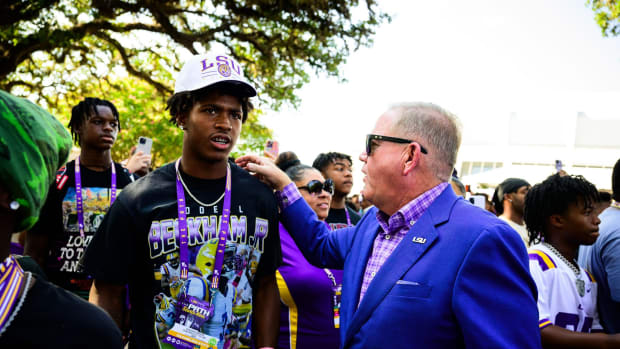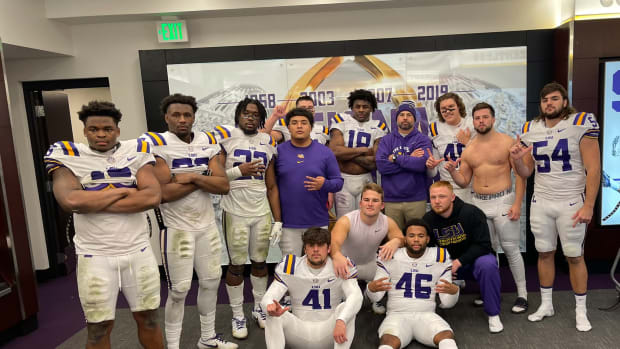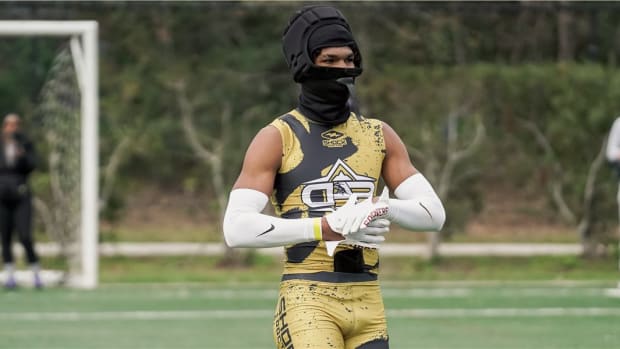The State of College Football Lies in the Balance as NCAA, Universities Continue to Exhaust All Options
We all miss sports. That's a given if you're reading this because sports, in some way, should provide an escape for what's going on in the real world.
While we are still four months away from the scheduled start of the college football season, the NCAA, the conferences and the universities are working day and night to be prepared for any and all options as it pertains to the 2020 season.
There's been a growing feeling among NCAA and university administrators that a college football season in 2020 grows less and less likely. On Wednesday, Sports Illustrated national writers Ross Dellenger and Pat Forde released an in depth article on the state of college football and how the NCAA system "hangs in the balance."
If it [coronavirus] leads to a major downturn in the college football economy, then what? “We’re all effed,” says one Power 5 athletic director who wished to remain anonymous. “There’s no other way to look at this, is there?”
There is some optimism growing on the government level. On Tuesday, during the Trump administration's daily White House briefing on the coronavirus, Dr. Anthony Fauci said that the country should be "in good shape" by the fall to reopen schools, but admitted that it will likely look a bit different.
“Bottom line is, no absolute prediction, but I think we're going to be in good shape,” Fauci said. "By the time we get to the fall, we will have this under control enough that it certainly will not be the way it is now, where people are shutting schools.”
Fauci did point out that by the time fall rolls around, there will be more widespread testing that would help infected individuals be tested faster to limit the risk of the spread. There is also hope that an antibodies test will be available to determine if a person has already had the novel coronavirus, which would dictate their immunity to the disease.
As many as 25% of people that have the disease are walking around symptom free so this test would be critical to determining who's already been infected.
“It's going to be different, remember now, because this is not going to disappear,” Fauci said. "All of these things are going to go into the decision of just how much back to the original way [of life] we can get."
What this means for college football is unknown at the time. Dellenger and Forde write in their piece that there are three common options currently that "decision makers" consider the most likely scenarios for college football returning in the fall.
Decision-makers who spoke to SI point to more practical options. Those include a truncated season, potentially with conference games only, that begins in October; a full season that starts in October, pushing bowl season to January and the playoff to February; and a season in which attendance is limited or altogether nonexistent
Two of the three revolve around pushing the start date back to October and would also include fans in the stands. If schools are truly back in session by the fall like Dr. Fauci believes, the case for having a college football season becomes a little brighter.
We all want the world to get to some semblance of normalcy in the near future. The only part we can play right now is staying inside and hope that day is sooner than later.




